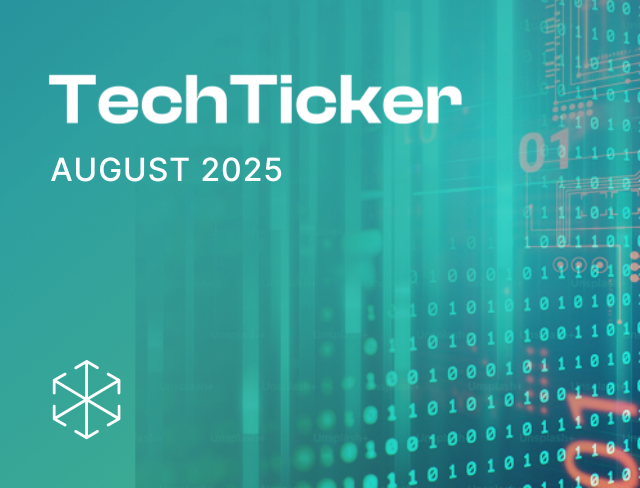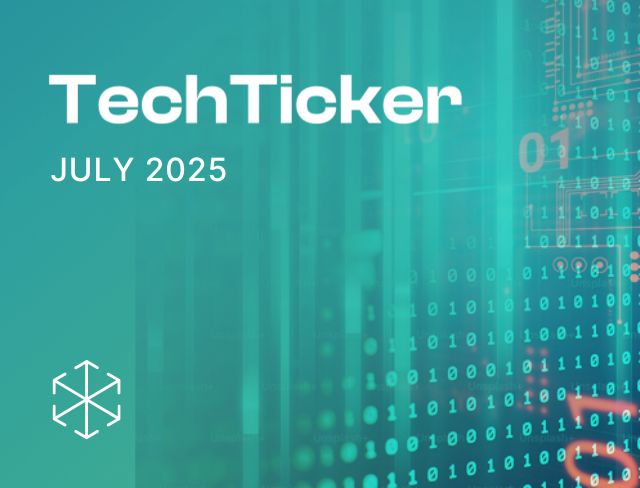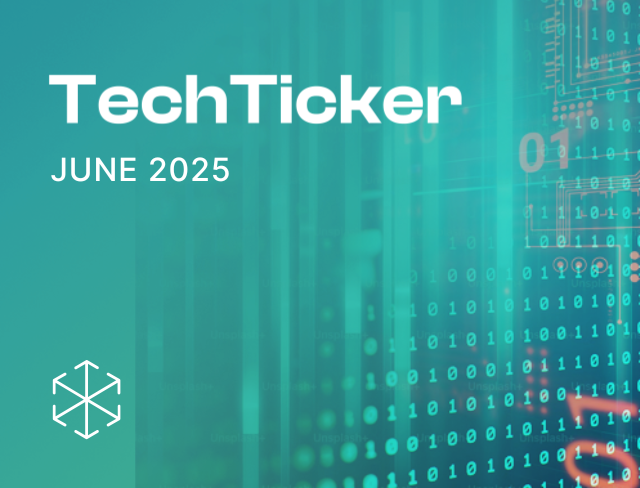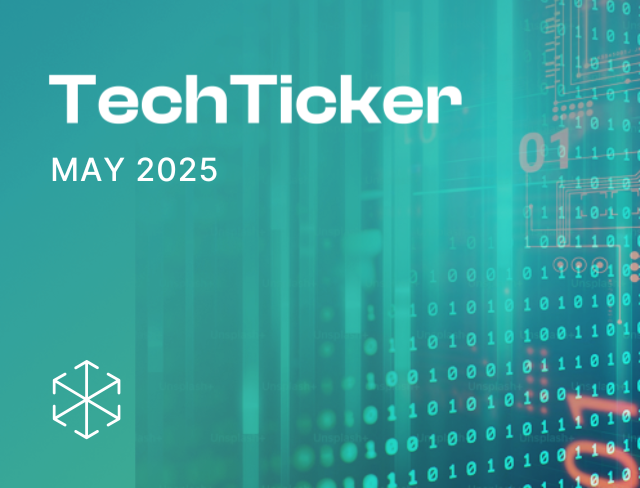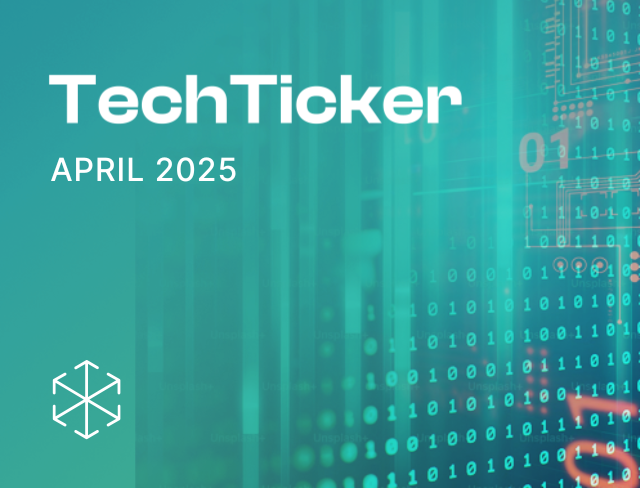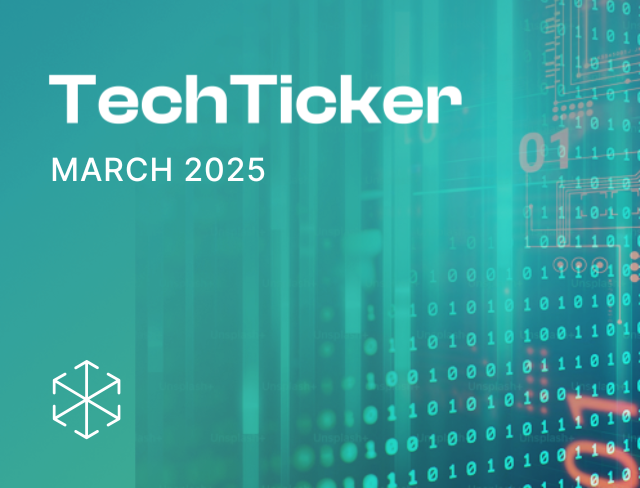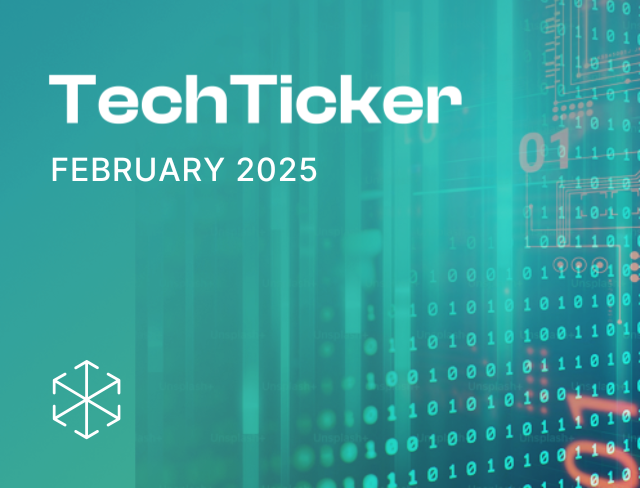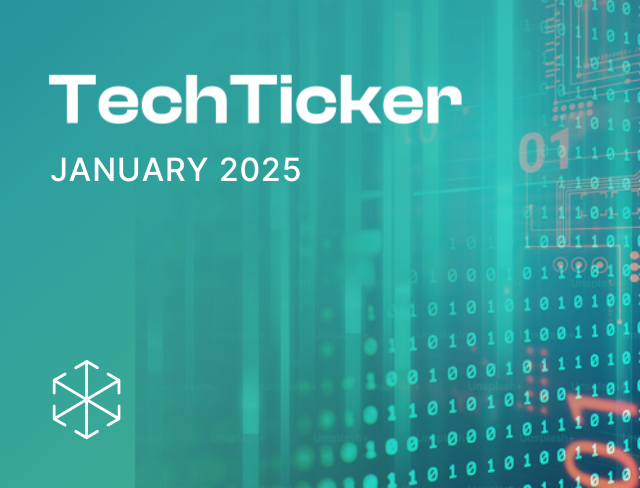Hello everyone,
April was a busy month for us at Ikigai Law! We launched a COVID-19 focused pro-bono initiative for start-ups and their employees. We went live with our webinars, where we discussed legal issues in digital games and sports, and digital payments during the pandemic (together with Arpit Ratan, the co-founder of Signzy). This Friday (08 May), Anirudh will converse with Mriganka Pattnaik, CEO at Merkle Science, on blockchain forensics and due diligence (details and registration link, here).
We kicked-off a new blog series analysing data protection law and policy in the APAC region (read about regional privacy frameworks, issues, and political dynamics, here; Australia, here; Singapore, here, and watch this space for more). Sreenidhi spoke at a Medianama roundtable discussion on privacy concerns around governments using technology solutions to fight COVID-19, and Anirudh spoke at a HasGeek webinar on the past, present, and future of India’s drone policy.
Meanwhile, we tracked Facebook’s acquisition of a stake in Reliance Jio (read Nehaa’s and Arpit’s analysis for the Economic Times, here) and JioMart rolling out on WhatsApp. Anticipating social-distancing chaos as the lockdown relaxes, we recommended the home delivery of liquor (read Anirudh’s and Aman’s piece for the Economic Times, here). We also analysed the impact of the lockdown on automotive manufacturing and government measures to contain COVID-19 in India. Darpan explained the growing use and validity of electronically executed contracts, while Aman authored a refresher on standard patents, and our design team graphically explained some common patents that changed our lives. Anirudh also discussed the potential legal issues in e-sports player contracts along with governance models in e-sports.
Now, on to other news.
Health tech and privacy
The central government’s contact tracing app, Aarogya Setu was in the limelight. It was recently made mandatory for government and private sector employees, with a similar proposal for airport and intra-city metro transport in the pipeline. As of early May, the application also offers free teleconsultations, doorstep health tests, and medicine delivery in collaboration with private parties through its Aarogya Mitr portal. Critics raised privacy concerns arguing that the app could enable a function creep, greater surveillance, and creation of an individual’s social graph, among other things. On the contrary, proponents reassured that data would be collected and processed securely on the app.
Data governance
In an important development, Amar Patnaik, Rajya Sabha member from the Biju Janta Dal and member of the Joint Parliamentary Committee reviewing the draft Personal Data Protection Bill, 2019 stated that the JPC is yet to start the clause-by-clause discussion on the PDP Bill.
Information technology
MeitY, in February 2020, had stated its intent to ‘revamp’ the Information Technology Act, 2000 with a focus on stronger framework to deal with cybercrimes. This saw the MeitY and Department for Promotion of Industry and Internal Trade reaching out to other ministries, regulators, security agencies and industry associations for their inputs. The amendments are likely to touch upon content management, faster adjudication, regulation of government data requests, syncing the IT Act with the Personal Data Protection Bill and regulation of emerging technologies such as AI and cryptocurrencies. In other news, the MeitY is also reportedly in the final stages of notifying amendments to the Intermediary Guidelines Rules, 2011 under the IT Act. Lastly, in a welcome development, the Parliamentary Standing Committee of Information Technology was allowed to hold its meetings via video conferencing.
Digital payments
The National Payments Corporation of India continued to urge citizens to switch to digital payments. In fact, Dilip Asbe, CEO and Praveena Rai, COO of the NPCI highlighted that digital payments were essential in present times given their hygiene quotient, approvingly noting that 50 lakh new users joined the UPI ecosystem in March 2020. Further, WhatsApp Pay announced that it is likely to become compliant with all Indian data protection laws by May and is reportedly also exploring lending to its customers in India. Also, Reliance Industries, Paytm, the NSE, the BSE, global financial technology companies and a consortium of Indian fintechs were reported to be exploring National Umbrella Entity licences, the draft norms for which were released by the RBI earlier this year. A licence would allow these companies to regulate their own payments ecosystem, much like the NPCI does today. Libra came alive again, with Facebook releasing version two of the Libra White Paper which differed from the one released in 2019 on two fronts. First, it proposed the addition of single-currency backed Libra Coins (e.g. LibraUSD, LibraEUR, LibraSGD) to its earlier portfolio of a singular Libra Coin. This was done to assuage fears that Libra Coins could interfere with the monetary policies of different countries. Second, the Libra Association has limited the range of products that can be built on its platform to only those which pass regulatory scrutiny.
That’s all from us this month, folks! See you in June and stay safe.


